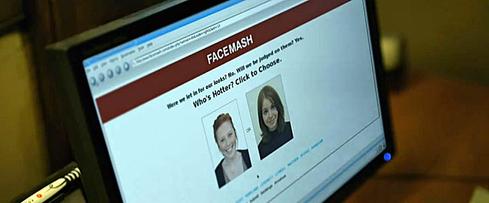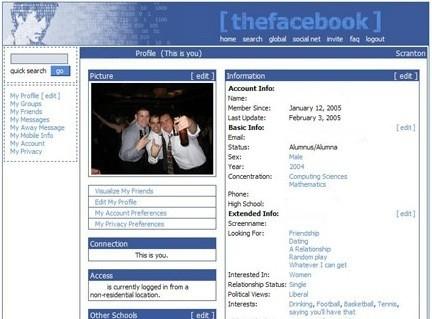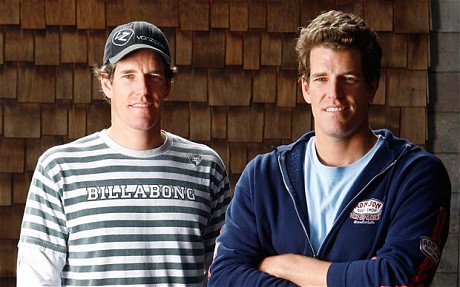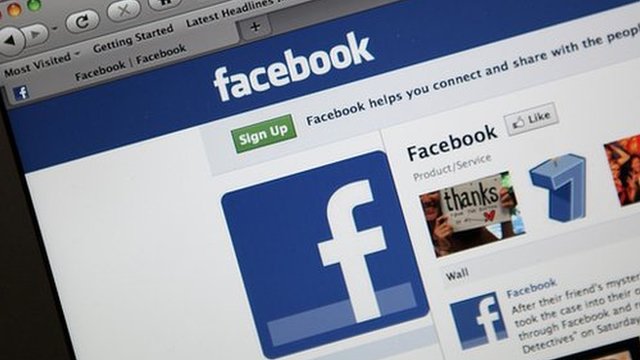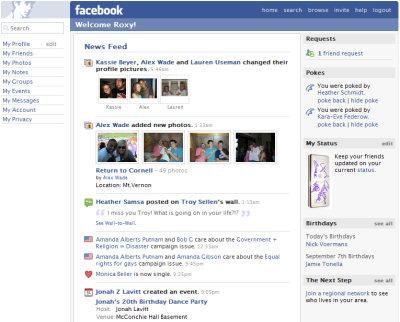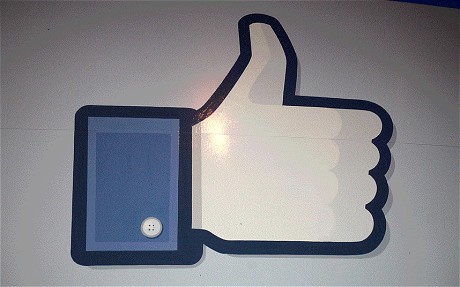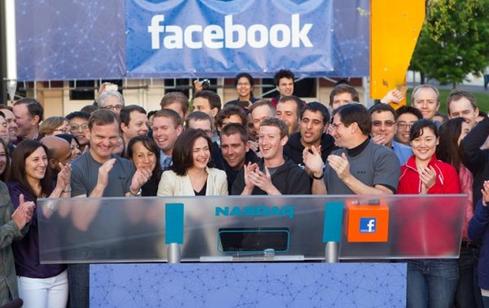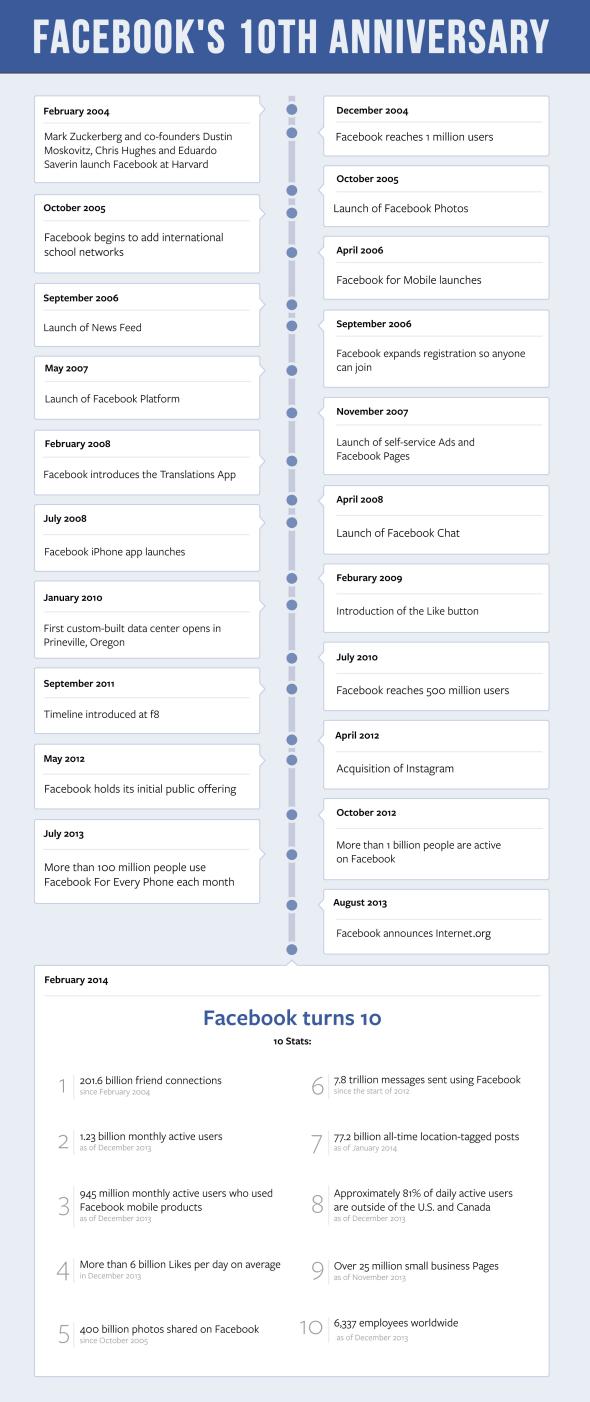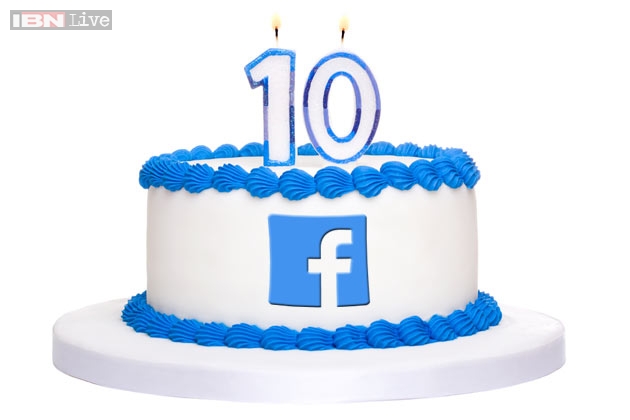Celebrating 10 Years Of Facebook With A Look Back At Its Incredible Journey
From Facebook's Harvard beginnings to its billion-user mark, we look back at the decisions and milestones that shaped the social network.
Today marks 10 years since Mark Zuckerberg founded Facebook from his dorm room at Harvard University. Let's have a look back at how Facebook came to be and some other interesting things related to it.
First things first, Zuckerberg released Facemash in October 2003. And, let's face it, without Facemash, Facebook may not have existed.
In October 2003, Zuckerberg and three of his classmates -- Andrew McCollum, Chris Hughes, and Dustin Moskovitz -- launched a website that let visitors compare two student pictures and determine which one was better looking than the other.
To populate the website, Zuckerberg hacked the "facebooks" that Harvard maintained to help students identify each other, according to Harvard's student newspaper, The Crimson. A few days after launching Facemash, Harvard executives shut it down and Zuckerberg faced charges of violating copyrights, breach of security, and violating individual privacy.
Because, shortly thereafter, Zuckerberg began writing code for what would later become known as "thefacebook." And, on 4 February 2004, thefacebook.com was launched.
Within 24 hours, the website grew to between 1,200 and 1,500 users, according to Moskovitz. In the first month, more than half of Harvard's undergraduates signed up. Soon after, Zuckerberg and team opened registration to fellow Ivy League schools and Boston-area colleges and universities.
As it grew the firm moved to its first offices in Palo Alto, California, as Zuckerberg and his cohort moved on from Harvard.
New features launched included the 'Wall', allowing people to post information to one another in a public setting. A simple idea but one that would prove hugely successful.
6 days after the site launched, 3 Harvard seniors accused Zuckerberg of intentionally misleading them into believing he would help them build a social network called HarvardConnection.com
Cameron Winklevoss, Tyler Winklevoss, and Divya Narendra claimed he was instead using their ideas to build a competing product. The three complained to The Harvard Crimson and the newspaper began an investigation.
telegraph.co.ukThey later filed a lawsuit against Zuckerberg, subsequently settling in 2008 for 1.2m shares (worth $300m at Facebook's IPO).
telegraph.co.ukThen in August 2005, Thefacebook.com was 'killed' and the domain name Facebook.com was purchased. And the rest, as they say, was history.
As the success of the site continued to grow, the team expanded the reach of Thefacebook to 800 colleges, to help boost users. It clearly worked as by the end of the year a total of six million users were registered.
v3.co.ukIn the same year, Facebook also expanded membership eligibility to high-school students and employees of several companies, including Apple and Microsoft.
And by September 2006, Facebook was opened to everyone at least 13 years old with a valid email address. In the same year, Facebook rejected Yahoo's $1 billion offer for purchase.
In the year 2006, the company also launched its News Feed, allowing users to get continuous updates on what their friends were doing. The feature was controversial at the time, but soon became an integral part of the service.
telegraph.co.ukPeter Thiel, Facebook's first investor and board member, said money never motivated Zuckerberg. He recalled him saying: "I don't know what I could do with the money. I'd just start another social networking site. I kind of like the one I already have."
Five years after the company launched, Facebook announced that it had turned cash-flow positive for the first time. That was in September 2009.
Traffic to Facebook increased steadily to reach 360 million users by the end of 2009, and 608 million by the end of 2010. The company introduced the 'Like' button on 9 February 2009.
telegraph.co.ukSEC documents later revealed that the company brought in $777 million in revenue in 2009, nearly triple that of 2008 and significantly higher than what industry analysts had predicted.
And then Facebook went public. It held its initial public offering on May 18, 2012, one of the biggest in technology, with a peak market capitalization of more than $104 billion.
Despite a disappointing first day of trading in which shares were valued only 23 cents above the IPO price, the IPO raised $16 billion, making it the third-largest in US history. However, the value of the stock declined rapidly, and by the end of May 2012, it had lost over a quarter of its starting value.
telegraph.co.ukIts user base continued to grow, and on 4 October 2012, Zuckerberg announced that the company had reached 1 billion active monthly users -- indicating that approximately 1 in 7 people on Earth is on Facebook.
For its 10th birthday, Facebook has put together a timeline of significant events in its own history. It reflects a bit of a selective memory.
The timeline is one of several features that Facebook released Monday night, on the eve of its anniversary. On Tuedsay it will unveil a product called “A Look Back” that lets users make a personal movie or slideshow of their favorite moments in their lives since they joined Facebook.
slate.comThe company also launched a slick new iPhone app, Paper, in the App Store on Monday. Here's a detailed story about it.
And, here’s Zuckerberg’s statement on the eve of his brainchild’s 10th birthday:
It's been an incredible journey so far, and I'm so grateful to be a part of it. It's been amazing to see how people have used Facebook to build a real community and help each other in so many ways. In the next decade, we have the opportunity and responsibility to connect everyone and to keep serving the community as best we can.
 facebook.com
facebook.com
